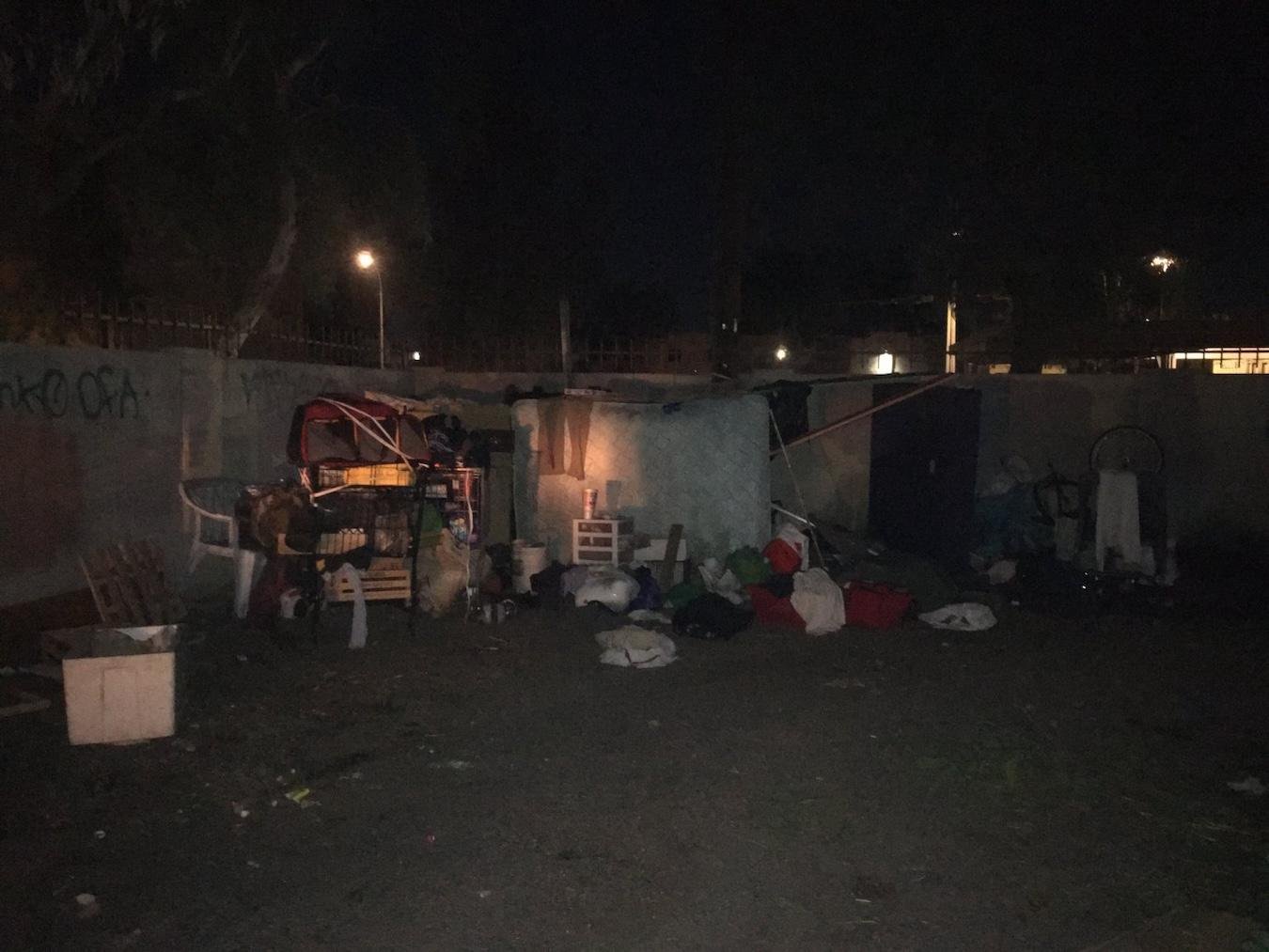arizona
Arizona Senate Rejects Controversial Bill for Public Bathrooms for Homeless Community

On Thursday, a proposed bill aimed at addressing the homelessness crisis in Arizona was defeated by Republican lawmakers and the League of Arizona Cities and Towns. Senate Bill 1185, introduced by Sen. Analise Ortiz, D-Phoenix, sought to mandate 24/7 access to public restrooms and potable water for the homeless population.
During the Senate Government Committee meeting, Ortiz highlighted the alarming rise in heat-related deaths, particularly among unsheltered individuals, as a primary motive for her proposal. Constituents had raised concerns about homeless individuals resorting to using alleyways and residential yards for restroom purposes.
Opposition came from both municipal representatives and Republican lawmakers, who argued the bill’s broad language could compel cities to ensure every restroom remained open around the clock. Ortiz expressed willingness to refine the bill but was met with a decisive no from the committee.
Sen. David Farnsworth, R-Mesa, acknowledged the need for improvement but maintained that simply amending the bill would not suffice. Local homeless advocates defended the measure, asserting it would benefit diverse groups, including disabled individuals and pregnant women, along with those in urgent need of restroom facilities.
Stacey Champion, a prominent activist in Phoenix, emphasized the lack of public amenities and called attention to the various demographics that would gain from the proposed access: “This state is really lacking in public amenities, such as water refill stations and public bathrooms.”
The League of Arizona Cities and Towns vehemently opposed the bill, asserting it would create significant operational dilemmas. Lobbyist Marshall Pimentel pointed out the unintended consequences the legislation could impose, indicating that it might require facilities like libraries and courtrooms to remain open around the clock.
Concerns about potential criminal activity associated with unmonitored restroom access were echoed by Pimentel and Republican lawmakers. Sen. Lauren Kuby, D-Tempe, countered that many parks could easily accommodate 24/7 restroom access without extensive staffing needs. “It should not be a privilege to pee. It is a human right,” she stated, voicing her disappointment over the bill’s failure.
Sen. Jake Hoffman, R-Queen Creek, expressed surprise at finding common ground with the League of Arizona Cities on this issue. He noted the bill’s language could lead to administrative burdens for municipalities, which might be compelled to maintain restrooms in offices and judicial quarters.
The situation surrounding homelessness in Arizona has been escalating since 2017, with a notable 21% increase in the homeless population reported from 2020 to 2022. Several initiatives have been attempted at different levels of government, but they have yielded mixed results. The current statistics reveal that homelessness levels in Arizona mirror those of the late 2000s, corresponding with the Great Recession.
In response to the committee’s decision, Ortiz criticized the opposition stance, stating, “Now you have cities here saying, ‘Please don’t make us do the bare minimum.’”
Bishop Anthony Holt addressed the issue, calling for lawmakers to consider the perspectives of the unhoused, asserting, “Let’s not act like this is not a problem.” Advocates shared poignant accounts of homeless individuals who, in their shame, chose to avoid using available facilities entirely. “All we are talking about is common decency and access to public facilities,” Holt concluded.
Ultimately, the bill failed to progress out of committee, with all Republicans present voting against it.

















